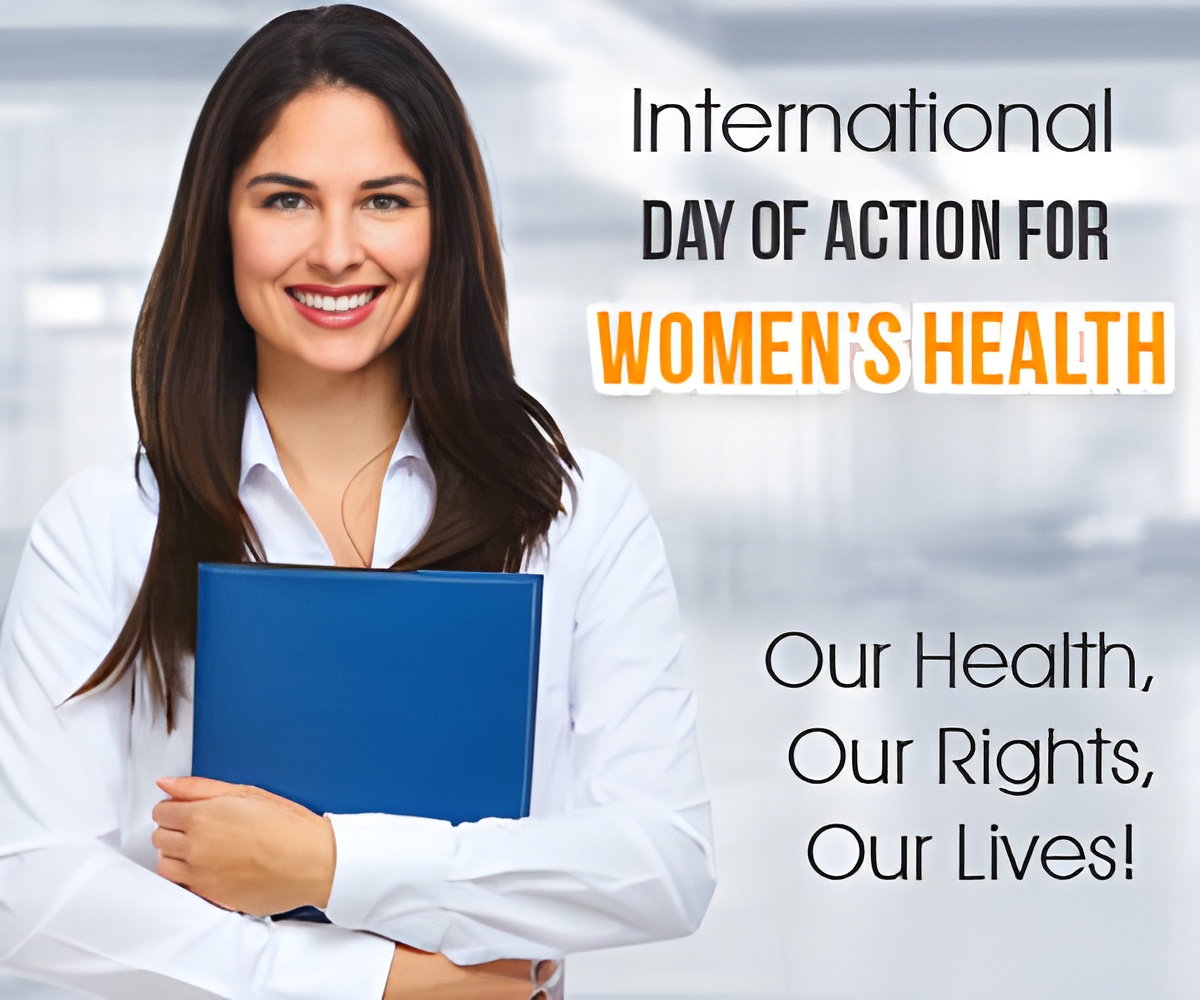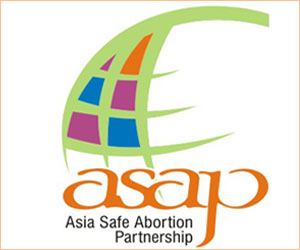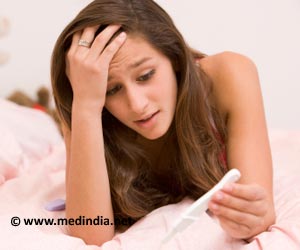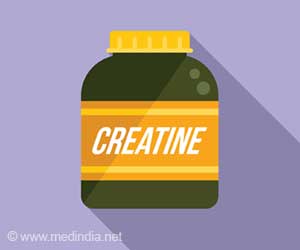International Day of Action for Women’s Health calls for women empowerment and reproductive rights.

- May 28th has been celebrated as International Day of Action for Women’s Health since 30 years.
- It is a platform to emphasize on women’s health and advocate reproductive and sexual rights of women.
- The theme for 2016 is ‘Our Health, Our Rights, Our Lives!’ and calls for the end of violence against women in all forms.
What is institutional violence?
Institutional violence, or violence inflicted by the State, is said to exist when women are not allowed access to sexual and reproductive health services. Owing to the complex nature of this violence, it is often ignored, though widely being practiced.Examples of institutional violence
The following are the common examples of institutional violence resulting from violation of a woman’s right to reproductive health:
- Denial of the Right to Access Safe and Legal Abortion Services. Not
allowing access to women to safe and legal abortion services by criminalization
or prohibition of abortion is an infringement of the human rights of a
woman. The decision to bear a child should solely lie with the woman and
the one who wishes not to continue with a pregnancy must have the right to
terminate it safely.
Denying the right is a form of gender discrimination and the refusal of human right to life and health. Even in the present day, the right is limited in nature in over 80 countries while 7 countries have a complete ban on abortion even in the case of rape. The stigma and burden of an unwanted pregnancy and practice of unsafe abortions are the ill-effects of the denial. Women are even jailed for the violation in some nations, adding to the injustice. - Forced Sterilization. Involuntary, forced or coercive forms of sterilization are acts of cruelty and go against medical ethics. They are still being practiced in various parts of the world on women living with HIV, physical or mental disability and those belonging to ethnic minorities. In some countries, coercive sterilization with the offer of financial or other incentives is practiced as a means of population control or eugenics.
- Obstetric Violence. It is a combination of gender discrimination and institutional violence which occurs in both government and private healthcare settings when a woman is denied access to treatment, not offered the treatment of her choice, coerced into unnecessary medication/procedures or subjected to inhuman or rude behavior during obstetric care. This is usually seen due to discrimination by race, economic background, HIV status or a diverse sexual orientation.
- Denial of Access to Emergency Contraception. A startling 80 million unwanted pregnancies occur each year. 45 million of these are terminated, 49% of them through unsafe or illegal means which results in the death of almost 47000 women due to complications. Despite these facts, women in many countries and areas still do not have access to emergency contraception due to restrictions imposed by the State. This causes unwanted pregnancies and risks the health of women. This is especially seen in sex workers, young girls, migrants, and women living in conflicted areas.
- Empowered and respected choices.
- Recognized needs and realized rights.
- International Day of Action for Women’s Health, Women’s Rights Defenders
http://icrh.org/news/may-28-international-day-action-women%E2%80%99s-health-women%E2%80%99s-rights-defenders - May 28 International Day of Action for Women’s Health
http://wgnrr.org/dayofaction/may-28-international-day-of-action-for-womens-health/









